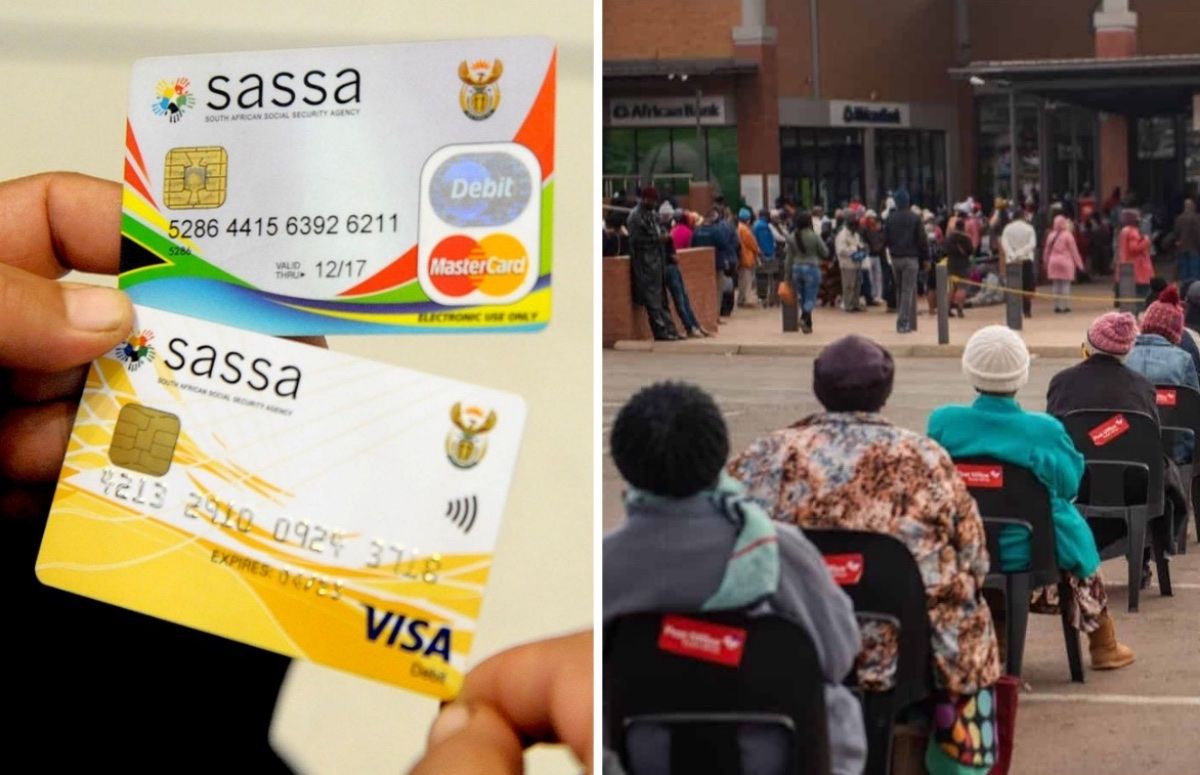In today’s fast-paced world, WhatsApp has become a primary communication tool for personal and professional interactions. From chatting with friends to handling business communications, this app offers a convenient platform for almost everything. One common situation where WhatsApp plays a crucial role is when you need to cancel appointments, meetings, or orders. Cancellation through WhatsApp, if done thoughtfully, can save time and prevent misunderstandings.
Why Use WhatsApp for Cancellations?
WhatsApp offers instant messaging, multimedia sharing, and the ability to see if a message has been read. This makes it a reliable platform for cancellations. Unlike emails, messages sent through WhatsApp are usually seen immediately. Unlike phone calls, WhatsApp messages are less intrusive and give the recipient time to process the information. Businesses and individuals alike prefer using WhatsApp for cancellations because it is direct, quick, and convenient.
Understanding Proper Etiquette
While WhatsApp is informal compared to email or official letters, etiquette still matters. A cancellation message should be polite, clear, and concise. Avoid vague language, and always express regret. Using proper grammar and a friendly tone helps maintain good relationships. For example, instead of writing I can’t make it, you could say, I’m sorry, but I won’t be able to attend our meeting tomorrow. This small change can make your message more courteous.
Timing Matters
Sending a cancellation message at the right time is essential. Inform the other party as soon as you know you cannot attend. Last-minute cancellations can cause inconvenience and frustration. By giving advance notice, you show respect for the other person’s time. Research on communication efficiency suggests that timely messages improve relationship satisfaction and trust, which is crucial in both personal and professional settings.
Sample Cancellation Messages
Having a few templates ready can make sending cancellations easier. Here are some examples:
- Personal Meeting Cancellation: Hi [Name], I’m really sorry, but I won’t be able to meet you tomorrow. Can we reschedule for another day that works for you?
- Appointment Cancellation: Hello [Name], due to unforeseen circumstances, I need to cancel my appointment scheduled for [Date]. I apologize for any inconvenience. Please let me know a suitable alternative.
- Event Cancellation: Dear [Name], I regret to inform you that I will not be able to attend [Event Name] on [Date]. Thank you for understanding.
These examples show clarity, politeness, and professionalism. They are short, yet they communicate your intent effectively.
Handling Responses
After sending a cancellation message, be prepared for responses. Some may express disappointment, while others may offer alternatives. Always respond with gratitude and, if possible, suggest a new time or arrangement. Handling responses gracefully maintains your reputation and strengthens relationships. For more tips on professional communication, you can check out resources like Forbes Communication Tips.
Benefits for Businesses
Businesses benefit greatly from using WhatsApp for cancellations. Service providers like salons, clinics, and tutors can reduce no-shows by sending instant cancellation notices. It also allows businesses to reschedule appointments quickly, keeping customers satisfied. Using WhatsApp Business features, such as automated messages, helps streamline the cancellation process. If you want to explore WhatsApp Business tools further, visit WhatsApp Business.
Maintaining Professionalism
Even though WhatsApp is informal, maintaining a professional tone is important. Using polite language, proper punctuation, and avoiding slang ensures your message is taken seriously. For business communication, you may want to include your full name and contact details. Internal communication within teams also benefits from clarity and professionalism. Our post on Effective Team Communication offers more insights into maintaining professionalism in messaging apps.
Using Multimedia for Clarification
Sometimes, a text message alone may not be enough. You can attach images, documents, or voice notes to explain your cancellation better. For instance, if canceling an event due to weather conditions, sending a relevant image can provide clarity. Multimedia can also reduce back-and-forth messages, saving time for both parties.
Managing Last-Minute Cancellations
Despite best efforts, last-minute cancellations may occur. In such cases, it is crucial to apologize sincerely and provide a valid reason. Offering a reschedule or alternative solution shows responsibility. Studies show that acknowledging inconvenience can soften disappointment and maintain trust. For strategies on handling unexpected changes, see Harvard Business Review.
Legal and Ethical Considerations
While WhatsApp is convenient, be aware of any legal or ethical implications. In some professional settings, cancellations may require official documentation or follow-ups. Always keep a record of messages for reference. This is especially important in business transactions or medical appointments where proof of communication may be needed.
Tips for High Reader Retention in Your Messages
Writing cancellation messages that are easy to read and understand increases the chances that recipients will respond positively. Use short paragraphs, bullet points, and clear language. Avoid unnecessary details or jargon. Engaging the reader with empathy and understanding also helps retain their attention.
Conclusion
Cancellation through WhatsApp is more than just sending a quick message. It is about communicating respectfully, clearly, and timely. By following proper etiquette, using templates, and responding gracefully, you can handle cancellations efficiently while maintaining strong personal and professional relationships. Whether for personal appointments or business meetings, WhatsApp provides a reliable and user-friendly platform for managing cancellations. For more tips on improving communication skills, check out our posts on Mastering Digital Communication and Professional Messaging Etiquette.








